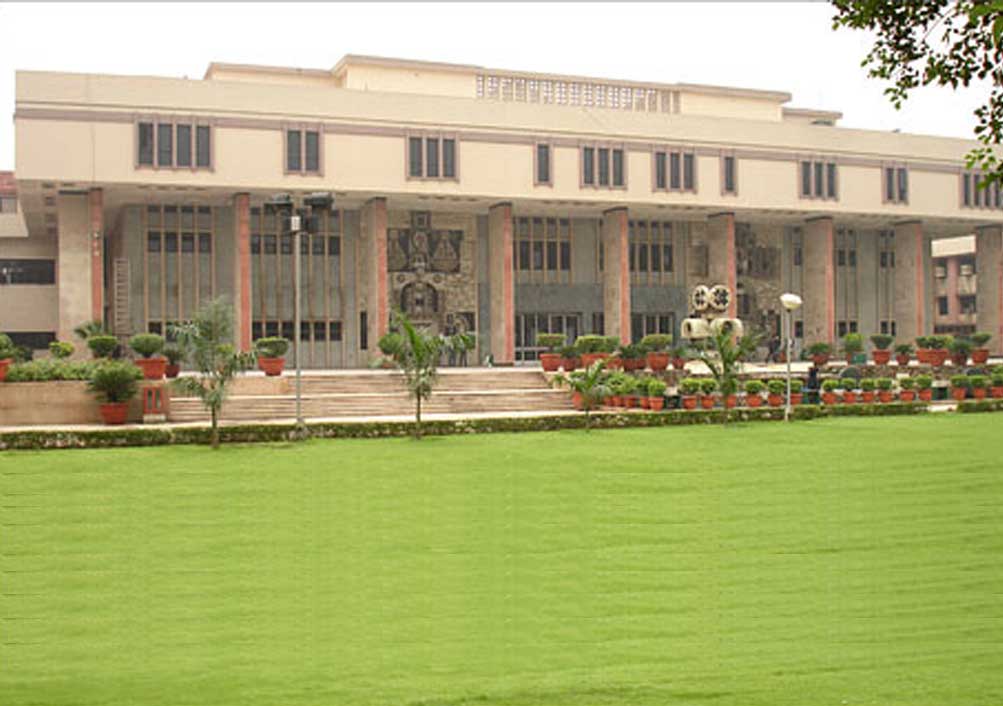In CRL.M.C. 227/2014 -DEL HC- ‘Accusations made in good faith to authority figures do not constitute defamation’: Delhi High Court quashes criminal defamation case against GGSIPU professor
Justice Amit Sharma [11-12-2023]

Read Order: Dr Suman Gupta V. Ravinder Pratap & Ors
LE Correspondent
New Delhi, December 18, 2023: The Delhi High Court has delivered a positive verdict for a Professor and Dean at Guru Gobind Singh Indraprastha University, quashing a criminal defamation case against her.
The present petition, sought the quashing of the summoning order dated 29.10.2013, passed by the Metropolitan Magistrate, Tis Hazari Courts, Delhi.
In the case at hand, the petitioner, who was the Director of Centre of Governance at Guru Gobind Singh Indraprastha University (GGSIPU) and held the position of Professor and Dean, was accused by the complainant of publishing defamatory letters intended to harm the complainant's reputation. The complainant, an Assistant Professor at GGSIPU, filed a complaint under Section 499 read with Section 500 of the Indian Penal Code (IPC) alleging that certain letters written by the petitioner were defamatory in nature.
The Metropolitan Magistrate initially dismissed the complaint, stating that prima facie offense was not made out. However, upon the complainant's challenge, the case was remanded back for a fresh hearing. Subsequently, after further legal back and forth, the Trial Court eventually took cognizance and summoned the petitioner to face trial under Section 500 IPC via an order dated 29.10.2013.
It was to be noted that the complainant failed to enter appearance, and the court notice issued to the complainant came back unserved as the address on record was stated to be locked for several years. Consequently, the complainant was proceeded ex-parte, and the matter was heard.
The single-judge bench, presided over by Justice Amit Sharma, referred to the decision in Kishore Balkrishna Nand v. State of Maharashtra and Another [LQ/SC/2023/807]. In that case, the Supreme Court had held that making an accusation in good faith to an authorized person, as per the Eighth Exception to Section 499 of the IPC, does not constitute defamation. The court emphasized that the term ‘good faith’ is defined in Section 52 of the IPC, and for an act to be considered in good faith, it must be done with due care and attention.
The bench noted that in the said case, no material had been placed on record by the complainant to demonstrate that the alleged defamatory letters were ever made public.
Further, having examined the content of the alleged defamatory communications, the Court concluded that they could not be categorically termed as 'per se defamatory'. The circumstances of the case indicated that the petitioner had written the alleged defamatory letters to the Vice Chancellor of the University in her capacity as Dean, based on emails from the complainant and other incidents outlined in the letters. Therefore, the Court deemed that the case fell within Exception 8 to Section 499 of the IPC.
Consequently, the order dated 29.10.2013, passed by the Metropolitan Magistrate, was set aside, and the impugned complaint, was quashed.
Sign up for our weekly newsletter to stay up to date on our product, events featured blog, special offer and all of the exciting things that take place here at Legitquest.




Add a Comment